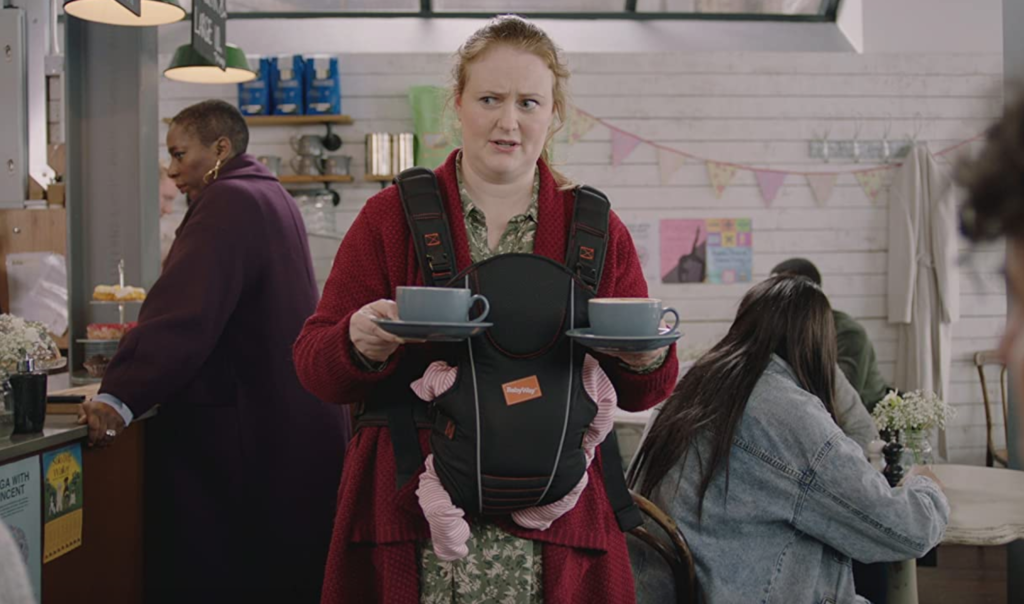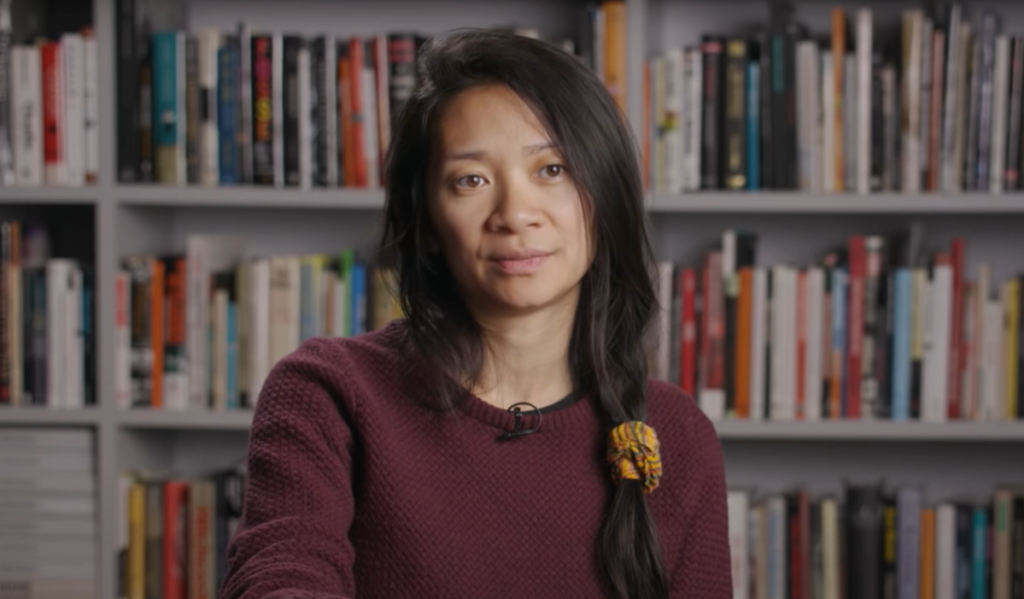The U.K. film industry is not a welcoming place for parents and caregivers — an issue COVID-19 has only exacerbated. This is among the conclusions drawn from a recent survey conducted by Raising Films, an organization advocating for parents and carers in the U.K. screen sector. Analyzing the responses from almost 500 parents and carers across the industry, Raising Films’ new report, “How We Work Now,” breaks down the inequities caregivers face and offers recommendations on changes the industry can make to better support them.
The survey responses “are calling on the fact that the screen industries remain largely incompatible with caring and parenting responsibilities,” per a press release, “failing to enable and advocate for their workers with children or adult dependents, and highlighting the danger of losing whole skill-sets and experiences within the sector from an exodus of parents and carers who simply can no longer afford to walk this tightrope.”
Nearly 60 percent of respondents report that caregiving has negatively impacted their ability to work in the industry, and 63 percent say they are considering leaving the screen sector.
“As a freelance Senior Producer, I had a six-month contract, I was a month into it and was let go in March 2020 along with 10 other freelancers – my contract was not worth the paper it was written on. No extra pay, let go that day. It was awful. Also, my parent suffered a stroke and nearly died, the following month, the same thing happened to my other parent. In October, my first job offer since I was let go, I had to turn it down to care for my elderly parent,” one respondent shared. “I have not earned any money at all in the past year. I am on furlough as a company director and get barely enough to pay the mortgage. We are relying on parents supporting us. It’s been horrendous, I have always worked hard but in this industry there is just no job security at all and the experience of losing my job, despite my contract, has just highlighted how awful it is. I want to leave TV, I’ve just had enough.”
Additionally, the report explores the gender divide among parenting and caregiving duties: “34.25% women report ‘gender’ as an obstructive impact to their ability to work in the screen sector in general,” per the source, and “respondents speak of the expectations of caregiving being automatically placed on them, especially within COVID-19 context.”
Survey participants also revealed how other socioeconomic factors intersect with their caregiving responsibilities. Nearly 40 percent of respondents are earning less than £20,000 (about $27,500 USD) per year, “making their position within the screen industries already a difficult balancing act – exacerbated by intersecting COVID-19 impact with the cost of care itself and freelancing status.”
Drawing from the participants’ survey responses, the report outlines several recommendations for the industry, chief among them the necessity of recognizing that unpaid parents and carers and paid caregivers are present throughout the screen sector. “How We Work Now” also calls on the industry to recognize that caregiving is an inequality that heightens economic struggles and systemic exclusion, and to address the disparities between employees and freelancers.
Read “How We Work Now” in its entirety here.







